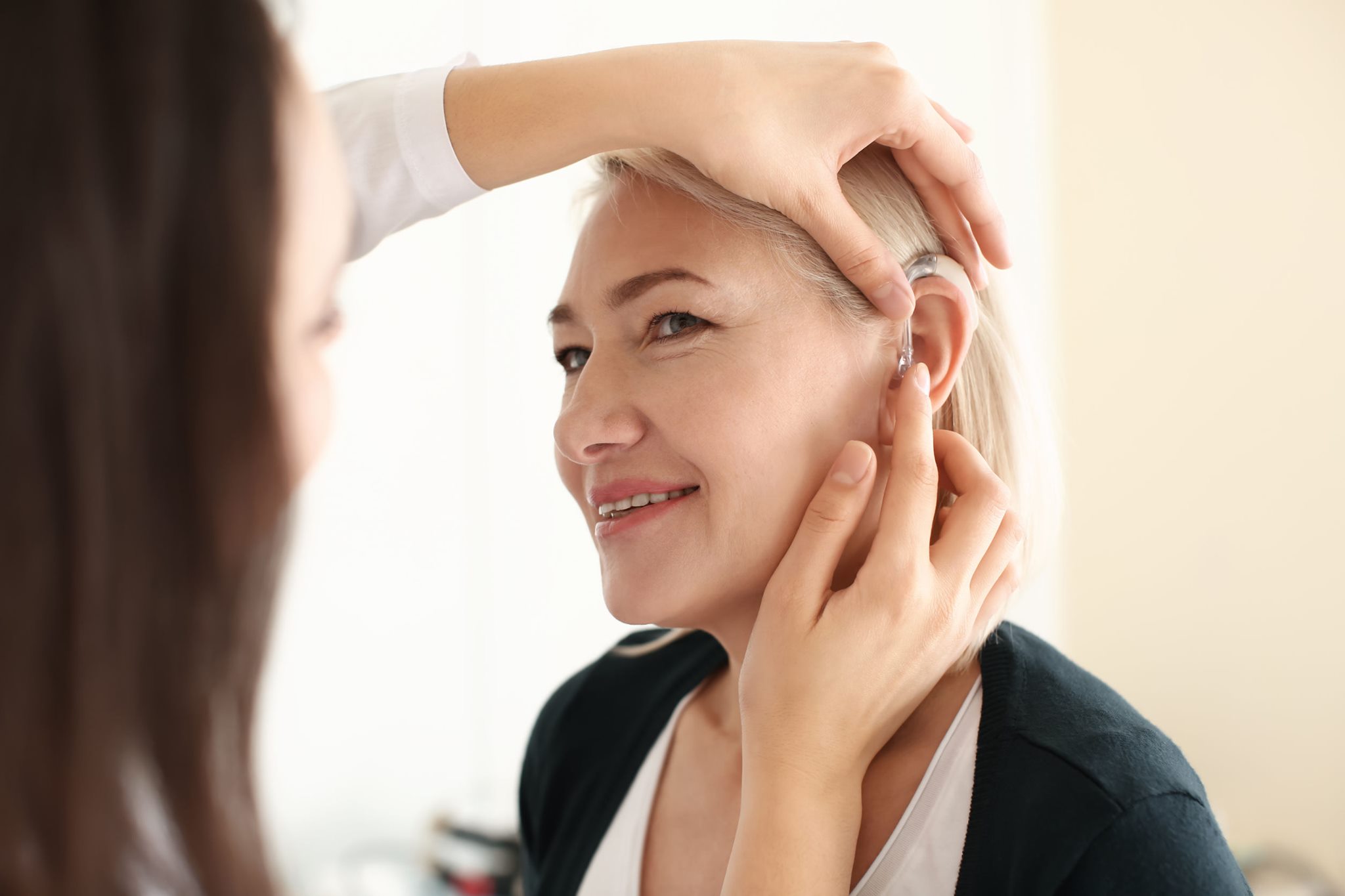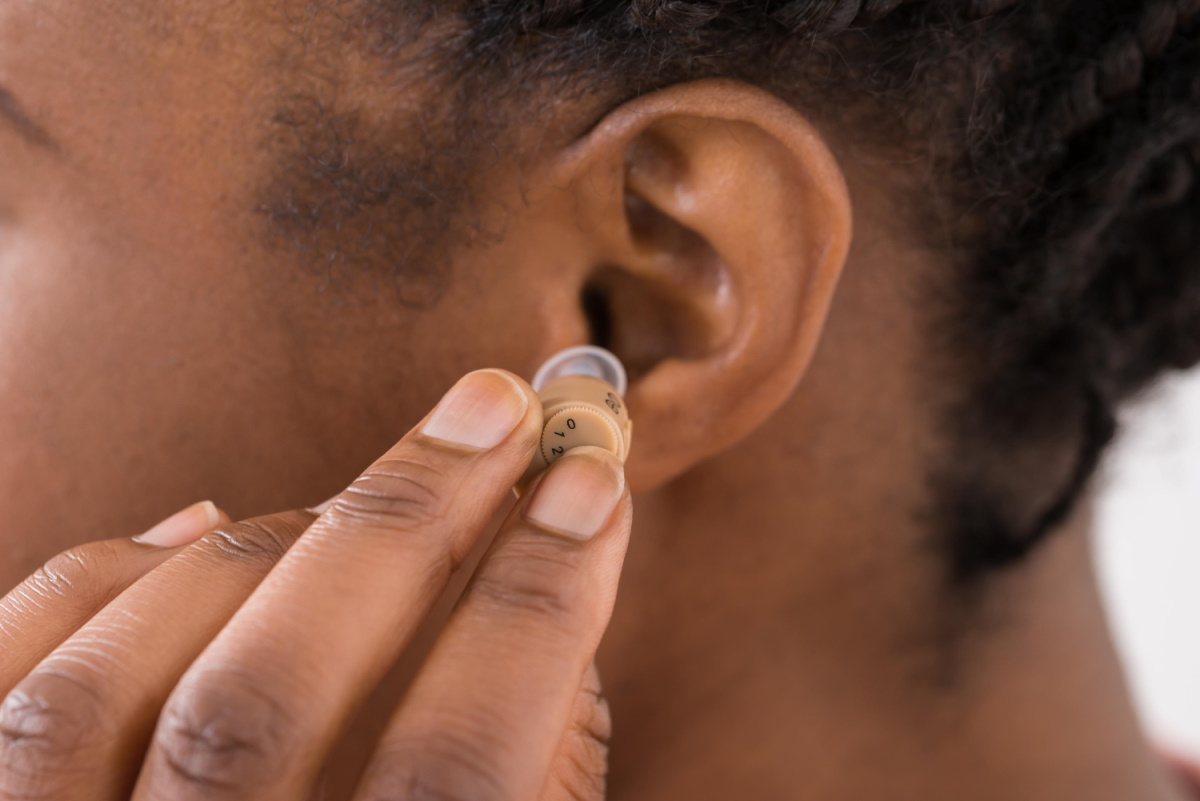For More Information Contact Us Today!
Dr. Roxanne Borukhov
Dr. Kathleen Kalschmid
Dr. Kathleen Kalschmid
We speak Spanish and Russian
EMAIL NOW!
CALL NOW!
We speak Spanish and Russian
EMAIL NOW!
CALL NOW!
The ringing, buzzing, whistling, or hissing sounds that signal the onset of tinnitus can be quite disconcerting. These noises seem to exist only in your world – no one else can hear them. Tinnitus is usually a symptom of something else that has affected your inner ear. Regardless of the severity of the symptoms, finding a good tinnitus doctor will be your first step to understanding what’s happening in your ears and managing it successfully.
When first learning about this condition, most people want to know whether it has anything to do with hearing loss. Although they often present together and are closely associated, one doesn’t cause the other. In short, tinnitus is often a sign that you may also have some level of hearing loss.

Tinnitus is more common than you might think, affecting millions of people in America. Its most common cause is prolonged exposure to loud noises – and anything noisier than your average washing machine counts as loud, so it pays to be vigilant.
Tinnitus can also be induced by outside influences, like infections, certain medications, or injuries. Sometimes, it’s as simple as a blockage in the ear; sometimes, it’s caused by diet, stress, or the age-related deterioration of the inner ear. A tinnitus doctor can help to determine the cause of your condition and provide expert recommendations regarding the most appropriate treatment plan.

When tinnitus is paired with hearing loss, a cohesive strategy must be developed. The unwanted noises need to be softened or drowned out, while the sounds of everyday life need to be heightened. At first, this might seem to be working at cross purposes, but in fact, the treatments for tinnitus and hearing loss can be complementary if properly managed.
The hearing aid is one of the most powerful tools in terms of tinnitus treatment. When correctly set up, hearing aids can restore the missing auditory stimulation by amplifying external noises. You are also more able to hear the subtle background noise of daily life. Over time, this can train the brain to relax the tinnitus-inducing oversensitivity.
Many hearing aids also incorporate tinnitus masking functions, such as providing white noise. In addition to the practical effects of wearing a hearing aid, improving your hearing also helps to reduce stress, which can cause or exacerbate tinnitus.
When it comes to specific tinnitus treatment, sound therapies can not only provide relief but also help to retrain your brain. This can range from playing pleasant sounds or white noise to help you fall asleep to wearable sound generators that fit inside the ear like a hearing aid and transmit pleasant sounds everywhere you go.
It’s always best to get a full hearing assessment at the first signs of tinnitus so you and your hearing specialist can understand the full scope of the problem and create a personalized hearing plan.
You can connect with a specialized tinnitus doctor or hearing specialist at our tinnitus clinic, a dedicated space for tinnitus treatment. Our experienced audiologists will create a personalized management plan for you, working with you to identify and implement the strategies that work.
No matter how minor you may think your concerns are, they are always worth getting checked out by a professional. Make an appointment for a consultation and full hearing and tinnitus assessment, and start your journey to good hearing health with us today.


